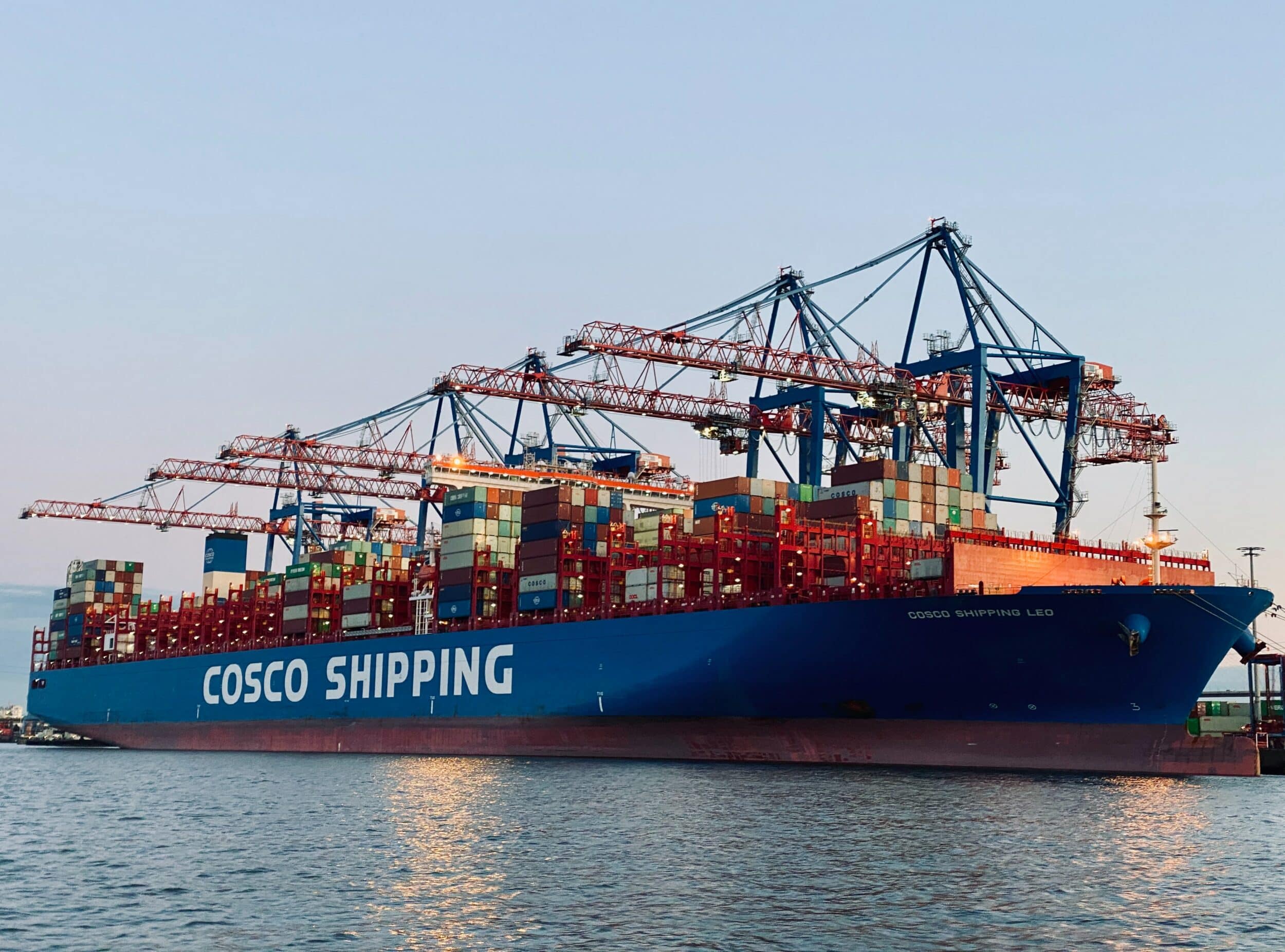If you choose to ship your vehicle alone, then the below might be of help. But if you would like us to ship your car for you then don’t hesitate to get in touch.
Shipping can involve a complex array of terminology and jargon. Whether you’re involved in the shipping industry or just shipping goods internationally, understanding key terms can be crucial. Here’s a list of common shipping terms and their explanations:
- Bill of Lading (B/L): A legal document issued by a carrier to the shipper, detailing the goods being shipped, their destination, and terms of transportation.
- Container: A standardized metal box used to transport goods by land or sea. Common sizes include 20-foot and 40-foot containers.
- FCL (Full Container Load): When a container is fully loaded with one shipper’s cargo, as opposed to shared or less than container load (LCL).
- LCL (Less than Container Load): When a container is shared by multiple shippers, each with their own cargo.
- Incoterms: International commercial terms that define responsibilities between the buyer and seller regarding shipping costs and risk. Examples include FOB (Free On Board) and CIF (Cost, Insurance, Freight).
- Freight Forwarder: A company or individual that arranges and manages shipments for others, often consolidating shipments and handling logistics.
- Customs Broker: A professional or firm that helps navigate customs regulations, ensuring compliance and smooth passage through customs.
- Demurrage: A fee charged when cargo is not removed from a container or port within the allotted time.
- Detention: A charge for holding a container or equipment beyond the agreed-upon timeframe.
- Ro-Ro (Roll-on/Roll-off): A type of vessel designed to carry wheeled cargo, like cars and trucks, that can be driven on and off the ship.
- Laytime: The agreed period in which a ship is allowed for loading or unloading cargo at a port.
- Teu (Twenty-foot Equivalent Unit): A standard measurement for container capacity, where one TEU is equivalent to a 20-foot container.
- Drayage: The short-haul transportation of goods, often from a port to a nearby destination, typically handled by trucks.
- Port of Entry: A designated location where goods are legally allowed to enter a country.
- Customs Duty: Taxes imposed by a government on imported and sometimes exported goods.
- CFS (Container Freight Station): A facility where goods are packed into or unpacked from containers before or after transportation.
- Bunker Adjustment Factor (BAF): A surcharge added to shipping rates to account for fluctuations in fuel prices.
- Door-to-Door: A shipping service that covers the entire journey from the sender’s location to the recipient’s, including transportation, customs clearance, and delivery.
- ETA (Estimated Time of Arrival): The anticipated date and time when a shipment is expected to arrive at its destination.
- Liner Service: Regularly scheduled shipping services that follow fixed routes and timetables, typically used for containerized cargo.
These terms represent just a fraction of the shipping jargon you might encounter. The shipping industry has a rich and extensive vocabulary due to its global nature and complexity, but understanding these basics can help demystify the process.
For help shipping your car to the UK fill in our quote form.

